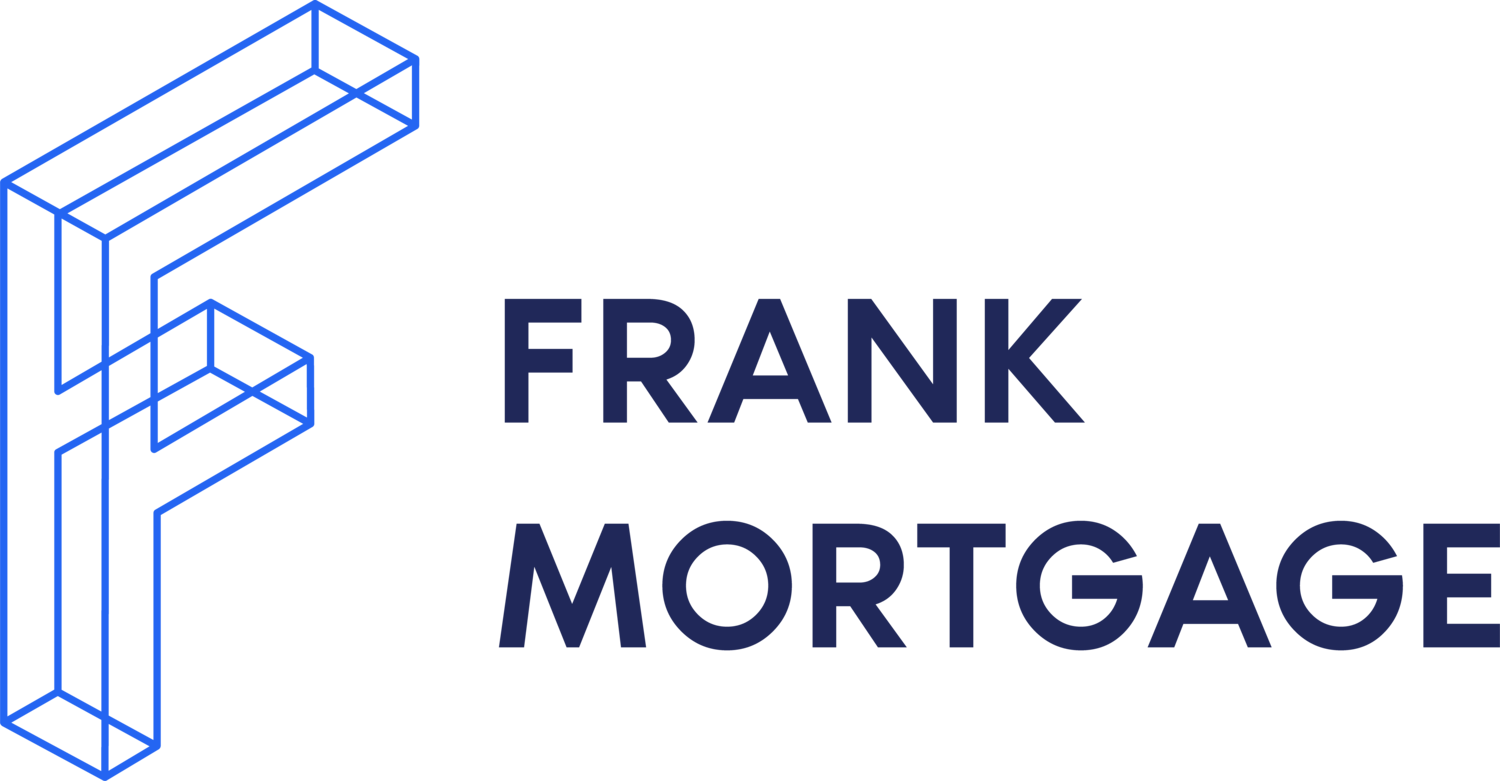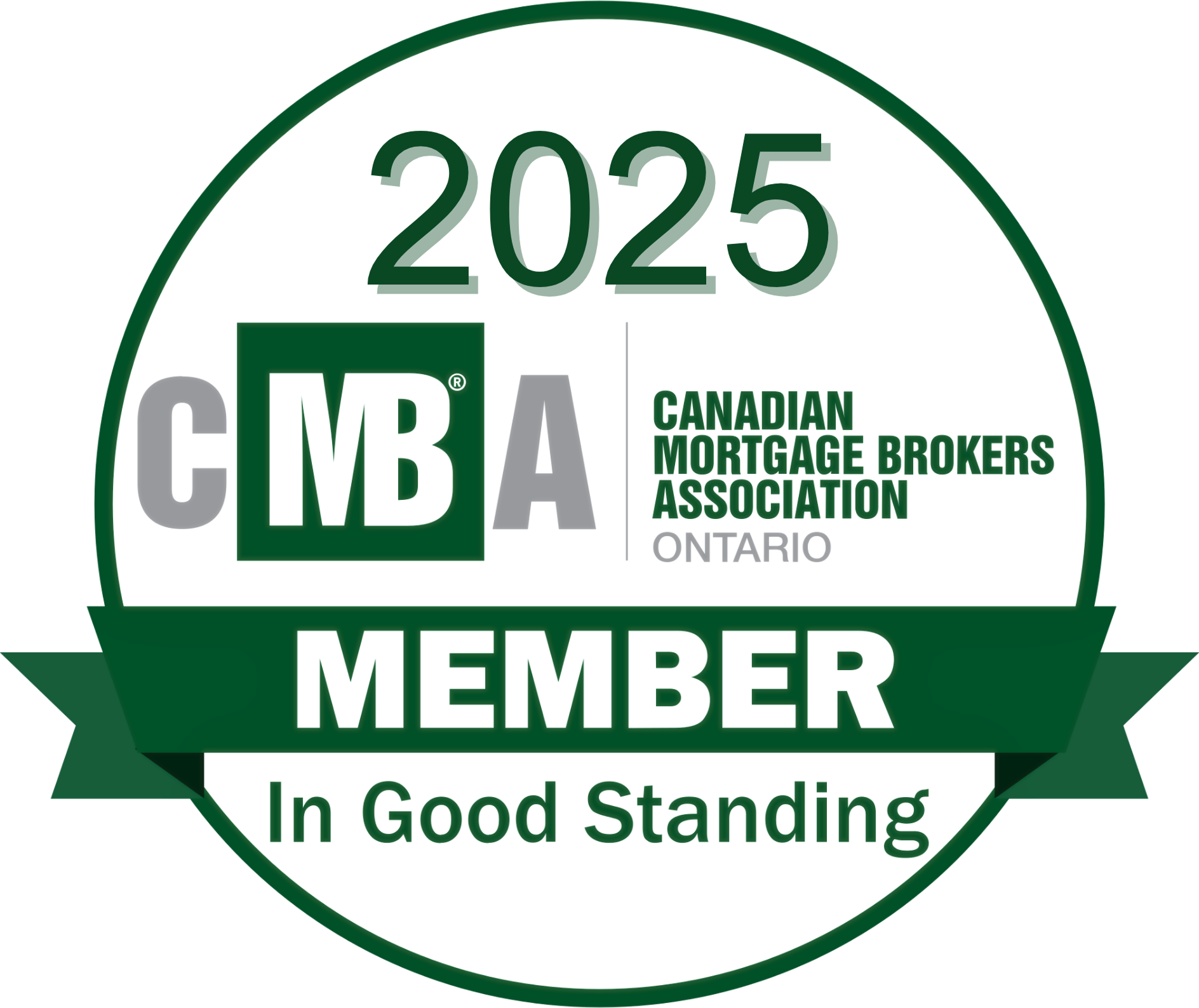The Best Mortgage Brokers
Growing Market Share in Canada

In recent years, a significant shift has occurred in Canada's mortgage landscape. More Canadians are turning to mortgage brokers for their home financing needs. This trend is particularly pronounced among first-time homebuyers, reflecting a desire for greater choice, flexibility, and access to online solutions that traditional mortgage lenders often struggle to provide. This market share gain should continue to grow as more Canadian mortgage borrowers find that the best mortgage brokers provide tech-enabled processes that add value to their mortgage journey.
The Growing Presence of Mortgage Brokers in Canada
Mortgage brokers have steadily increased their market share in Canada over the past two decades. In the early 2000s, mortgage brokers represented roughly 20% of the mortgage market. This market share steadily rose over the years and, according to a recent CMHC report, now stands are close to 50%, underscoring a growing preference among Canadians for mortgage broker services that provide personalized advice, convenience and a broad selection of mortgage products.
Why Canadians Are Turning to Mortgage Brokers
Several factors contribute to the increasing reliance on mortgage brokers:
Access to a Wide Range of Lenders and Products
Most mortgage brokers are not tied to a single financial institution. This independence allows them to offer clients a diverse array of mortgage products from various lenders, increasing the chances of finding a mortgage that best fits the client's unique financial situation. Please note that some brokers own their own lender, so they have a bias to steer you to products from their own lender. Mortgage borrowers should be sure that their broker is unbiased and willing to show them products from multiple lenders.
Personalized Advice and Guidance
Navigating the mortgage process can be daunting, especially for first-time homebuyers. Brokers provide tailored advice, helping clients understand their options and make informed decisions.
Convenience and Efficiency
With the rise of digital platforms, many mortgage brokers offer online applications, document portals and virtual consultations, streamlining the process and saving time.
Competitive Rates
Brokers often have access to exclusive rates and can negotiate on behalf of their clients, potentially securing more favorable terms than clients might obtain on their own.
Traditional Mortgage Lenders: Struggling to Meet Modern Demands
The majority of mortgages are still originated by the banks. They do this through their branches and with their own mobile salesforces. Many of them also use mortgage brokers, which is acknowledging mortgage brokers’ significant market presence. However, the market is slowly transforming into a digital market, with digital native customers now being the largest segment of the new mortgage market. They demand tech-enabled solutions to their financing needs. The big banks and lenders often face challenges in meeting the evolving expectations of today's mortgage borrowers, for a variety of reasons:
Limited Product Offerings
Banks offer only their own mortgage products, limiting choice and often failing to cater to the diverse needs of all borrowers. This limitation can restrict clients' options and may not provide the best fit for their financial situations. Limiting your mortgage search to one lender or bank will reduce the likelihood of you getting the best financial outcome to match your needs.
Rigid Processes
Traditional lenders may have more stringent approval processes and less flexibility in tailoring mortgage solutions, making it harder for some borrowers to qualify. The big banks tend to only lend in the A-mortgage space, yet the B and private mortgage segments are now close to 40% of the market. Many borrowers’ needs cannot be met at a bank and they can only find solutions via mortgage brokers.
Lagging Digital Integration
While many banks use digital banking, their mortgage processes often remain cumbersome, requiring in-person meetings and extensive paperwork. Their service levels are also notoriously poor. Their approach can be a deterrent for tech-savvy consumers seeking quick and convenient solutions.
The Challenge for Traditional Brokers in the Digital Age
As the mortgage industry embraces digital innovation, traditional brokers who fail to adapt may find themselves at a disadvantage. Not only are digital native consumers expecting tech-enabled solutions but the power to provide information and product choice through a tech platform threatens to leave the traditional players behind:
- Consumer Expectations - today's consumers expect seamless online experiences. Brokers who do not offer digital applications, online document submissions, quick responses and virtual consultations may lose clients to more technologically adept competitors.
- Operational Efficiency - digital tools automate many aspects of the mortgage process, reducing errors and improving efficiency. Brokers relying solely on manual processes may struggle to compete with the speed and accuracy provided by the new tech-enabled platforms, such as Frank Mortgage.
- Market Reach - an online presence allows brokers to reach a broader audience. Those without digital platforms will miss out on a significant volume of potential clients who primarily search for services online.
Frank Mortgage: Pioneering the Future of Mortgages in Canada
At Frank Mortgage, we strive to be the best mortgage broker in Canada. We recognize the limitations of the traditional market and how it often poorly serves Canadian mortgage borrowers. The needs of Canadian homebuyers are evolving, and we are committed to transforming the market to fit those needs. This starts with setting the focus of our firm to be solely on generating good outcomes for our customers. This sounds basic but the current structure of the market can often favor outcomes for mortgage brokers and lenders over the needs of the customer. We aim to change that and modern technology provides the means to achieve our goals of empowering consumers and making mortgages more accessible:
- Comprehensive Online Platform - our user-friendly website allows clients to do their research, explore mortgage options, apply online, and track their application status in real-time, all from the comfort of their homes.
- Diverse Lender Network - we partner with a wide range of lenders, ensuring our clients have access to various mortgage products tailored to their specific needs.
- Transparency - so many traditional channels pre-select a product for the customer, without providing the customer a view of the alternatives. We transparently show what is available and empower the customer to make an informed choice.
- Expert Guidance - our team of experienced mortgage professionals provides personalized advice, helping clients navigate the complexities of the mortgage process with confidence. Yes, we are tech-enabled but this does not mean we aren’t human. The tech elevates our mortgage agents’ ability to serve the needs of the customer while, at the same time, providing the unique product choice, feedback and streamlined process the modern mortgage borrower demands.
- Competitive Rates - through our extensive network, discount offers and negotiation expertise, we can secure the most favorable rates and terms for our clients.
In a rapidly changing mortgage landscape, Frank Mortgage stands at the forefront, blending technological innovation with personalized service to meet the diverse needs of Canadian mortgage borrowers.
Conclusion
The mortgage market is undergoing a transformation. Gone are the days of the opaque, confusing and cumbersome mortgage process, largely driven by dreary old banks. The mortgage market of the future will be an online marketplace where transparency, product choice and ease of use are combined to drive results for customers.
Mortgage broker market share is growing. A large component of that is driven by the digital innovation the best mortgage brokers, like Frank Mortgage, are bringing to the market. This innovation will continue to drive market share growth for the tech-enabled mortgage brokers that prioritize customer outcomes. It is fair to expect that the growing market share for mortgage brokers will coincide with growth in better outcomes for Canadian mortgage borrowers.
If you would like to see what Frank Mortgage can do for you, please find us at www.frankmortgage.com or call us at
1-888-850-1337.
About The Author

Don Scott
Don Scott is the founder of a challenger mortgage brokerage that is focused on improving access to mortgages. We can eliminate traditional biases and market restrictions through the use of technology to deliver a mortgage experience focused on the customer. Frankly, getting a mortgage doesn't have to be stressful.
Related Posts






